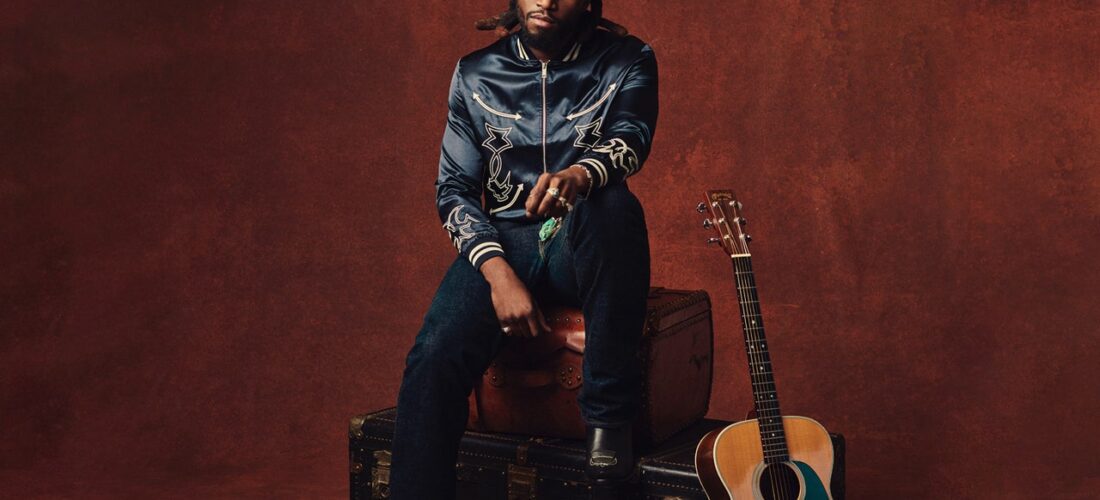In mid-April, after struggling for a decade to find a new intersection between country and hip-hop, Shaboozey released “A Bar Song (Tipsy)” amid the wave of adulation that followed Cowboy Carter, the Black country maypole on which he appeared twice. It seemed like the epitome of a one-hit wonder. A near-universal anthem about despising your job that barely begets survival and drowning in as many rounds as the bartender can summon, it became a near-universal sensation, streaming three million times in 24 hours and charting all around the world. After all, how could a whistle-out-loud interpolation of a 20-year-old J-Kwon smash that nodded to the Black roots of Jack Daniels while towering atop the lily-white country chart not be a flash in the pan, some glitch in the Music Row matrix? This was surely Shaboozey’s “Achy Breaky Heart” and “Combination Pizza Hut and Taco Bell,” his mainstream introduction and farewell all at once.
But Where I’ve Been, Isn’t Where I’m Going does not feel like a mere receptacle for one of the year’s most unlikely hits. Shaboozey’s remarkably assured third album is a sophisticated self-help journey that only occasionally masquerades as a good time. He has spent a long while trying to find some space where the sounds of hip-hop and country could overlap, where the defiant swagger, nostalgic circumspection, and quivering heartbreak of both genres could fuse together. The parties of “A Bar Song” and “Drink Don’t No Mix” offer the same sort of escapes that he suggests in “East of the Massanutten” or “Let It Burn,” where the Great American West becomes the frontier for fleeing, respectively, the persecutions of the South or an abusive relationship. Shaboozey seems to always be asking how we can last a little longer and live a little better in this strange place, even as he’s grinning while reaching for another shot.
If you’re the type of listener who writes off the last dozen years of mainstream country music, especially its best-selling bro-country core, as bullshit, Where I’ve Been will at first sound like a tough hang. He uses Auto-Tune to exaggerate the contours of his drawl during cowboy-coopting opener “Horses & Hellcats,” a trick he nevertheless smartly returns to. He favors processed, billowing harmonies that emphasize his epiphanies, as on “Highway,” the frustrated testimonial of a traveler almost broken by the choices that make him alone. And he inches toward rap, his voice oozing over the second verse of “Vegas,” where he stares into the bottom of his emptied cup and empty life with deep shame. “Came out of the gutter, covered in dirt/Got it all over me,” he offers, each brief pause landing like another jab into his own ribs.
